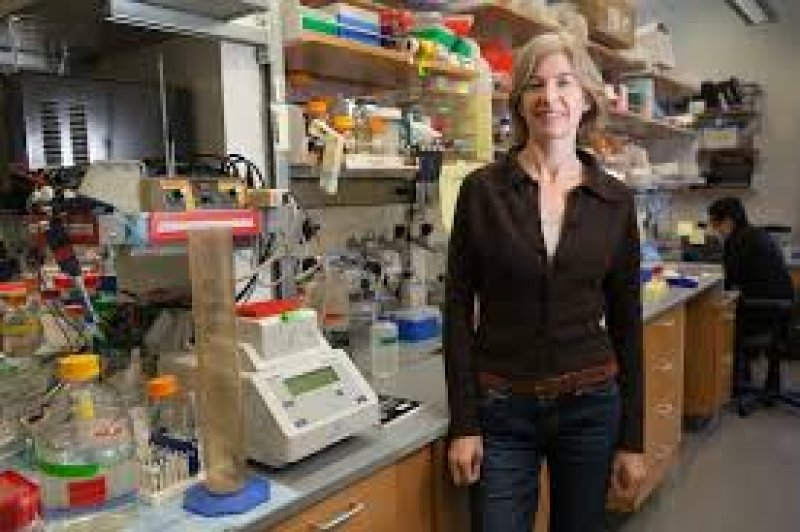The GLP aggregated and excerpted this blog/article to reflect the diversity of news, opinion and analysis.
If you ask people who don’t follow biotech too closely what they know about CRISPR, you might get two answers: genetic editing and a big patent fight.
But a new CRISPR patent highlights a lower-profile potential use for the biotechnology: genetic detection and analysis.
The U.S. Patent and Trademark Office granted the patent Tuesday to Caribou Biosciences, the Berkeley, CA-based company cofounded by Jennifer Doudna, a University of California, Berkeley, one of the scientists whose work has been crucial in turning a bacterial defense system into one of this century’s most promising and contentious developments.
The Caribou patent is different than the patents and patent applications at the heart of the ongoing CRISPR patent fight that pits the Broad Institute of MIT and Harvard, in Cambridge, MA, against a group led by Doudna and UC Berkeley.
But the new patent issued to Caribou is about using CRISPR not to edit DNA, like the big patent, but to detect and analyze it and related genetic material.
As Caribou’s CSO Andy May put it, the patent’s claims “describe methods of using nucleoprotein-guided systems for the detection of target nucleic acid proximity.”
In other words, the patent office now says Caribou has exclusive rights to use the CRISPR machinery to locate precise sequences of DNA or RNA. May used the example of detecting the Philadelphia translocation, a well-known chromosomal abnormality that is the cause of nearly all cases of the blood cancer chronic myeloid leukemia.
Read full, original post: Caribou Bio’s New CRISPR Patent Isn’t About Gene Editing































